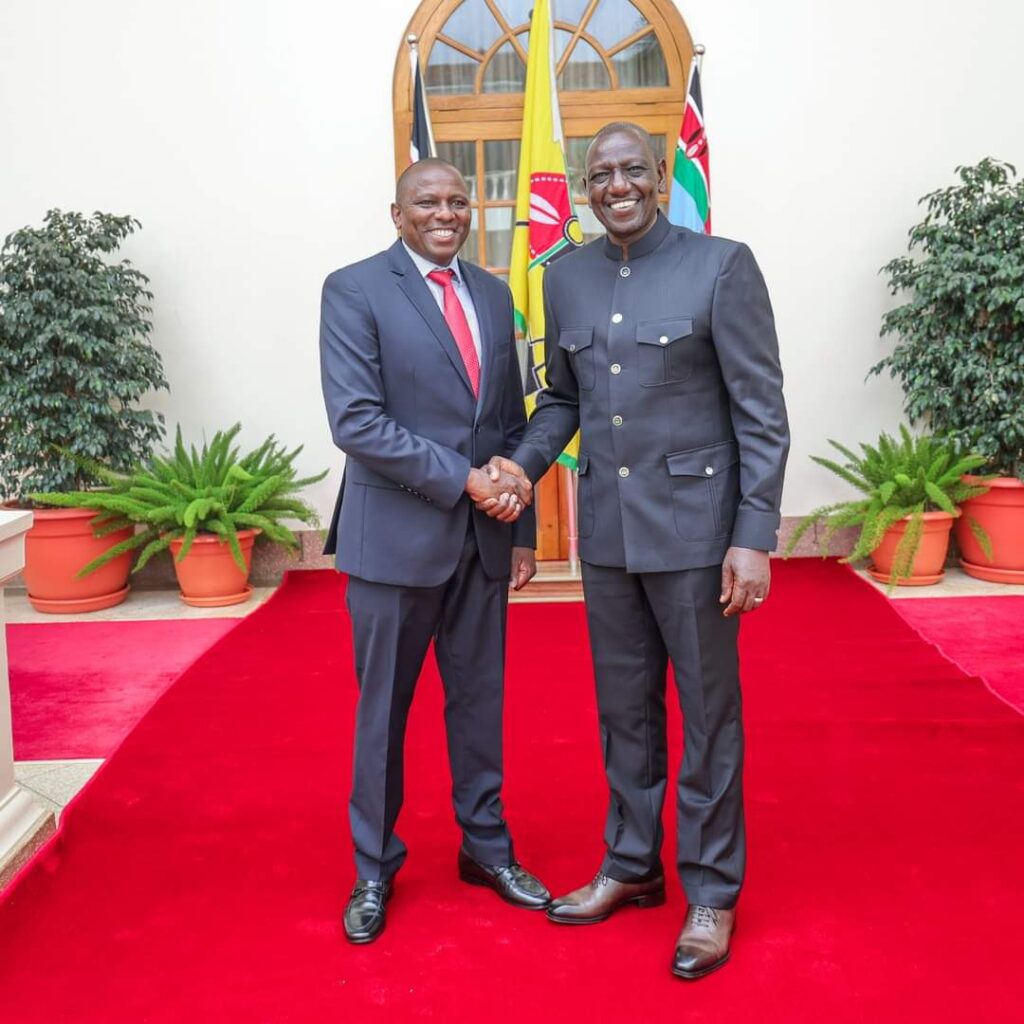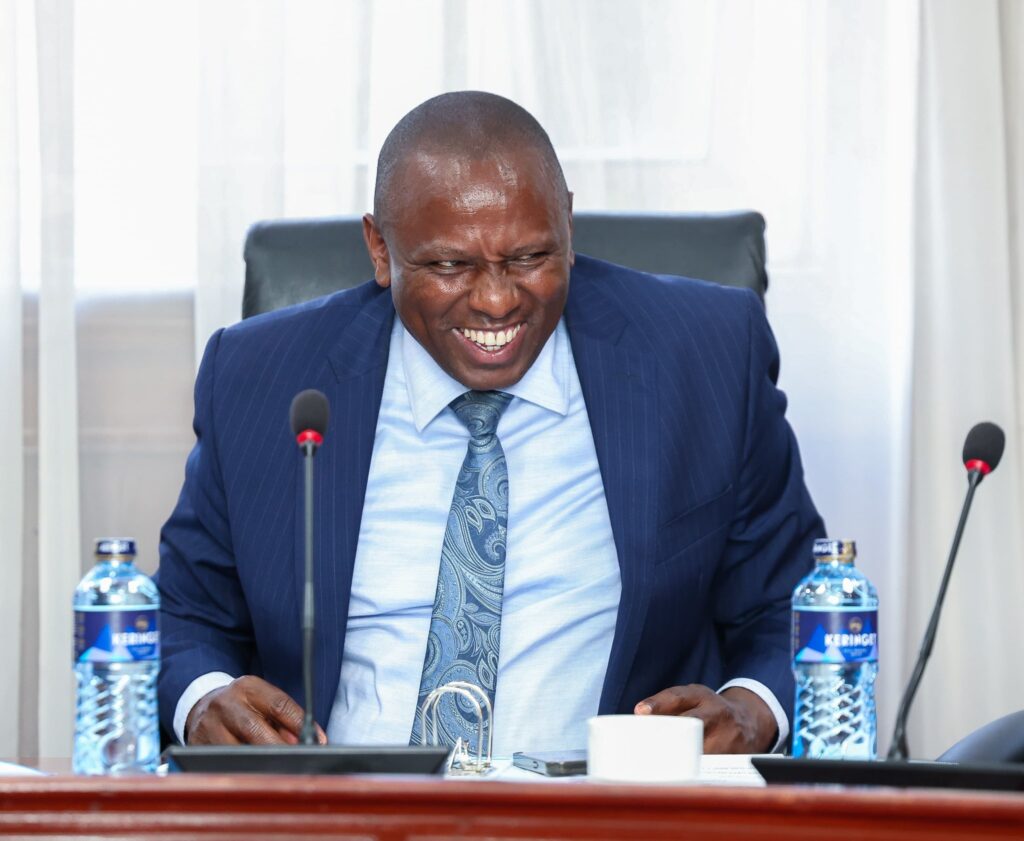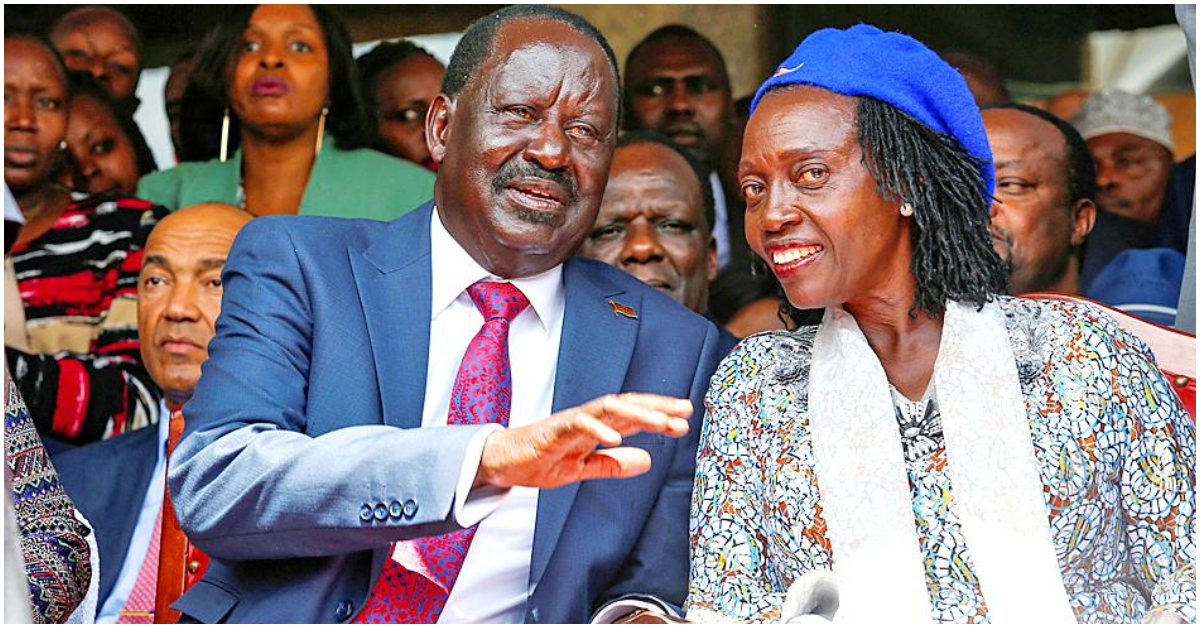Here are some key lessons politicians can learn from Mehdi Hasan’s interviews that Kimani Ichung’wah and other politicians should tale note:
- Prepare for Tough Questions: Politicians should expect hard-hitting and thought-provoking questions. Hasan is known for drilling down into uncomfortable truths, so being prepared is essential.
- Avoid Evasion: Politicians who attempt to dodge or deflect questions often face more scrutiny. Clear, direct answers show transparency and honesty.
- Own Up to Mistakes: When questioned about controversies or past actions, owning up to mistakes and offering genuine accountability resonates more with the audience than shifting blame.
- Stay Calm Under Pressure: Mehdi Hasan’s interviews are intense. Politicians who remain calm, collected, and composed under pressure are more likely to win over skeptical viewers.
- Stay True to Your Values: Politicians who stick to their principles and values, even when challenged, tend to build credibility. Hasan tests these boundaries, and those who can defend their beliefs come out stronger.
- Be Transparent: Transparency, particularly when discussing topics like finances, policies, and personal matters, builds trust with the public. Hasan pushes for clarity on these issues.
- Don’t Overpromise: Avoid making vague promises that can’t be fulfilled. Hasan often highlights discrepancies between what politicians claim and what they’ve done.
- Recognize Your Role in the System: Hasan often critiques politicians for their role in perpetuating systemic issues. Acknowledging one’s position within these systems and the power to influence change shows self-awareness.
- Admit When You Don’t Know Something: No one has all the answers. Politicians who admit they don’t know something, but promise to look into it, come off more genuine than those who try to bluff.
- Don’t Rely on Talking Points Alone: While it’s important to have key messages, relying too heavily on scripted talking points can make politicians seem disingenuous. Being adaptable and thoughtful during the interview is crucial.
These lessons emphasize the need for authenticity, preparedness, and humility when engaging in tough interviews, especially those conducted by someone as challenging as Mehdi Hasan.
Kimani Ichung’wah Gets Cooked and Toasted On Live International Interview on Al -Jazeera
Kimani Ichung’wah, the Majority Leader of the Kenyan National Assembly and Member of Parliament, once dismissed the serious allegations of police kidnapping and forcibly disappearing protesters during recent large-scale demonstrations, calling them “a conspiracy.”
“I did not believe there were enforced disappearances perpetrated by the state in Kenya,” Ichung’wah told Head to Head host Mehdi Hasan in front of a live audience at London’s Conway Hall.
A close ally of President Ruto, Ichung’wah was questioned about the violent crackdowns on demonstrators by Kenyan police and security services, particularly in June 2024 when thousands of young Kenyans protested the government’s Finance Bill.

The Kenya Human Rights Commission reported at least 63 civilian deaths, 65 forced disappearances, and over 1,400 unlawful detentions of protesters since Ruto took office in 2022.
Ichung’wah was further pressed by Hasan on specific allegations, including one from former Attorney General Justin Muturi, who claimed that his son was abducted by National Security Services after joining the 2024 protests, only to be released after President Ruto intervened.
“I tell you emphatically he had reasons to lie,” Ichung’wah said. “He was playing politics with a very unfortunate incident.”

Ichung’wah didn’t stop there, implying that Muturi, now Cabinet Secretary for Public Service and Human Capital Development, was on his way out of his position.
“Justin Muturi knew he was probably on his way out,” Ichung’wah stated. “He definitely knew it.”
In the interview, Kimani Ichung’wah was also asked to clarify his personal net worth after Junet Mohamed, the Minority Leader in Kenyan Parliament, joked that Ichung’wah was worth 5 billion shillings (about $38 million US dollars).

“Not 5 billion,” Ichung’wah clarified. “Probably close to 1 billion.”
Addressing the growing criticism of Kenyan MPs flaunting their wealth online, Ichung’wah remarked, “It was rather unfortunate. Nobody should do that.”
“I tell members of my party who flaunt things that aren’t palatable to Kenyans, ‘Hey bro, this is not good,’” he added.
Ichung’wah’s remarks were joined by a panel of experts: Awino Okech, Professor of Feminist and Security Studies at the University of London-SOAS; Irungu Houghton, Executive Director of Amnesty International Kenya; and Moses Langat, a Kenyan community leader based in the UK.



